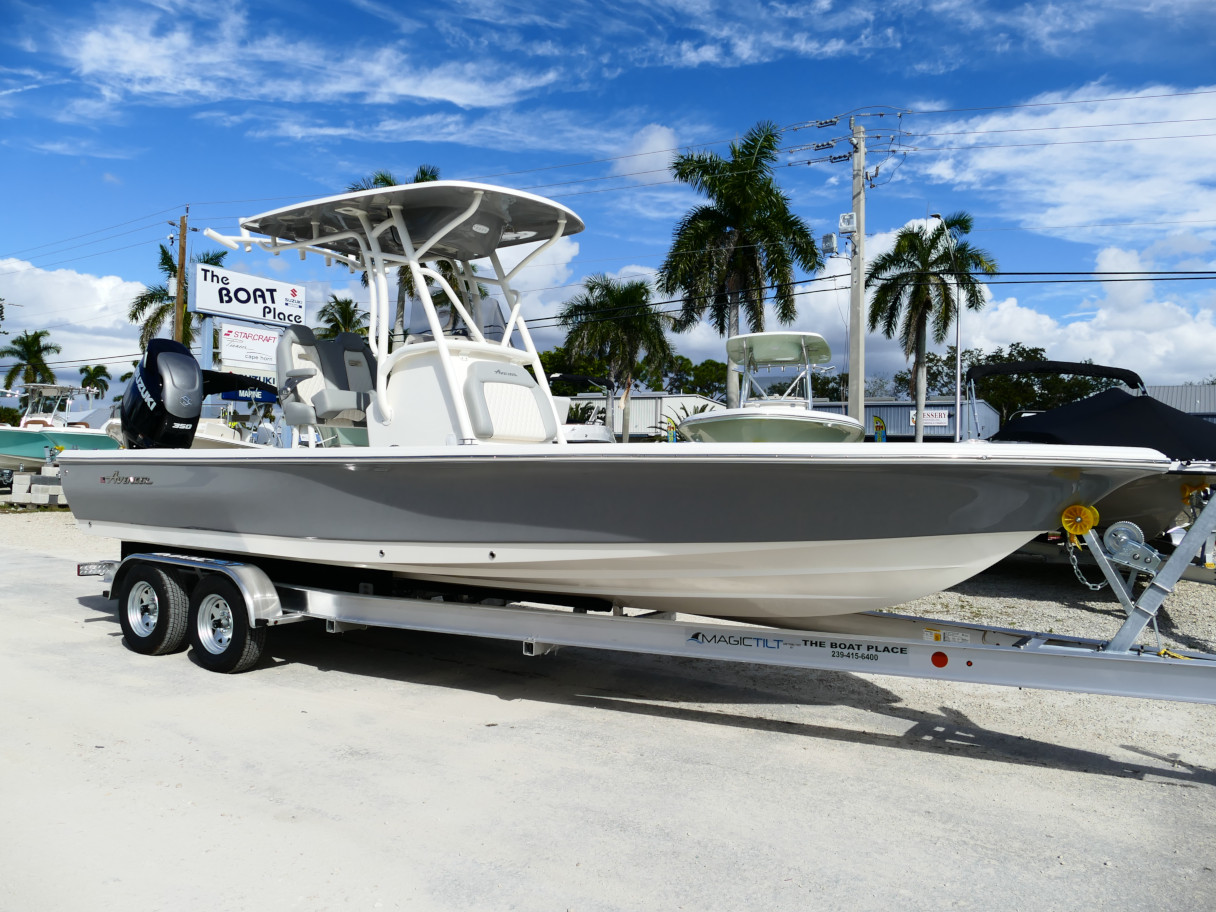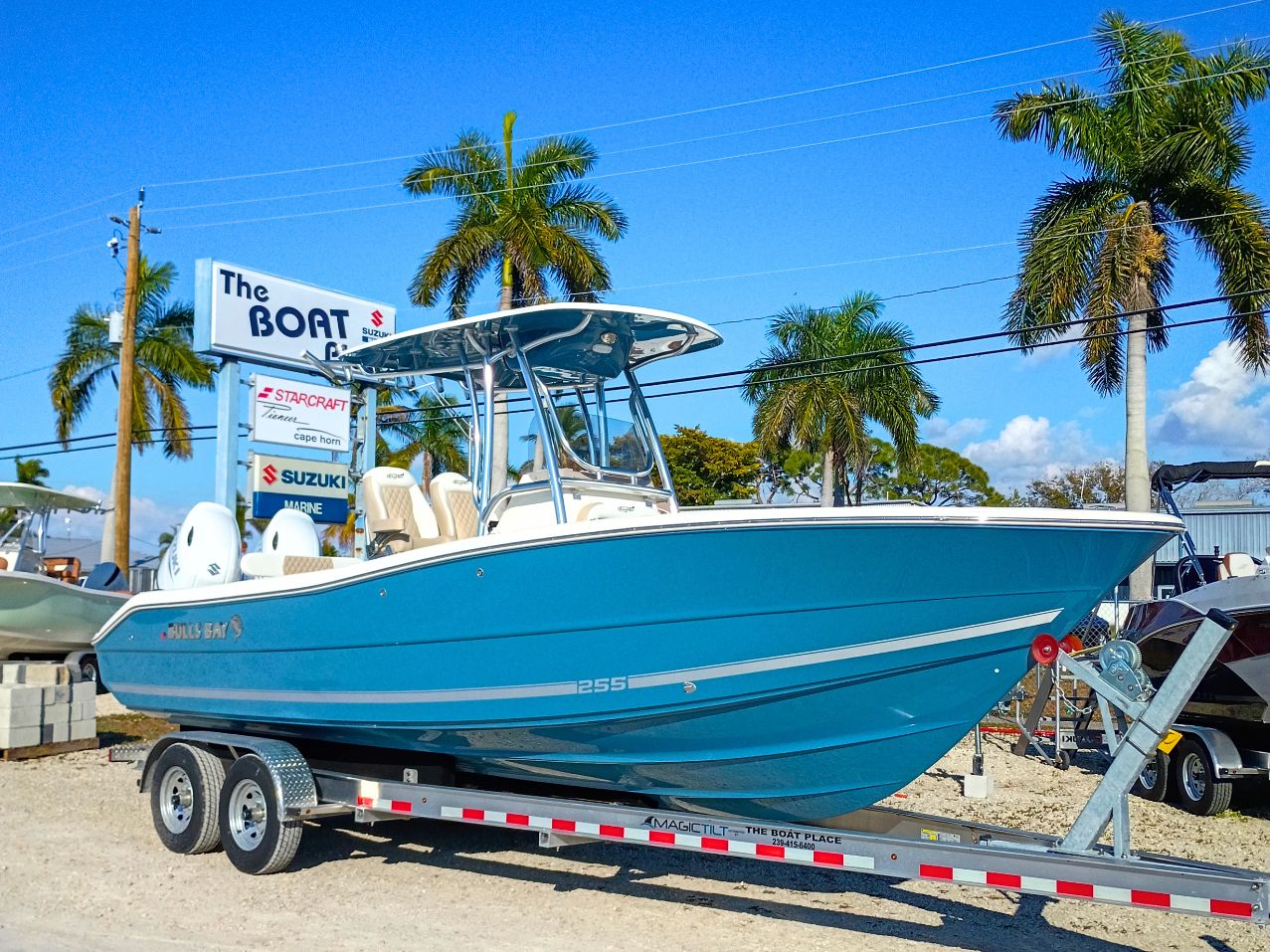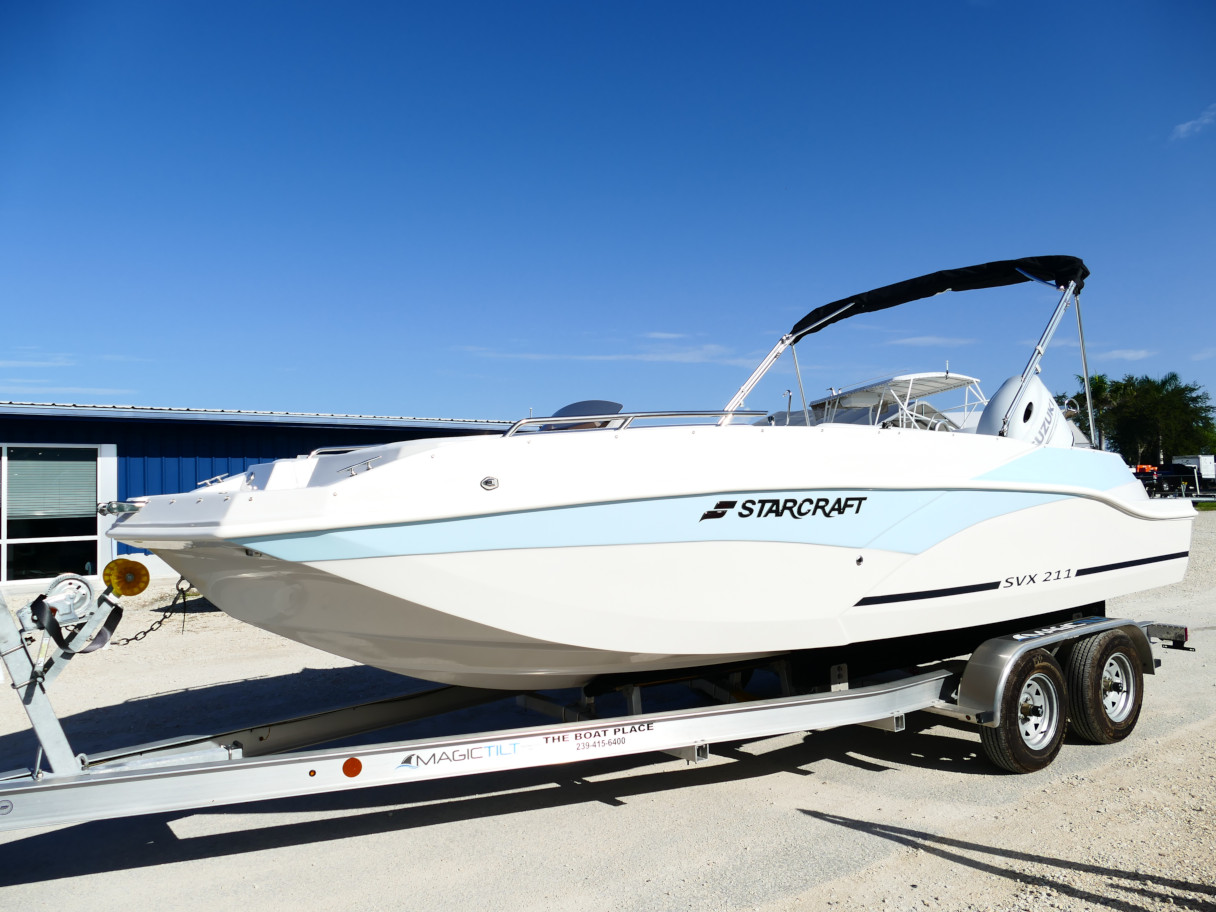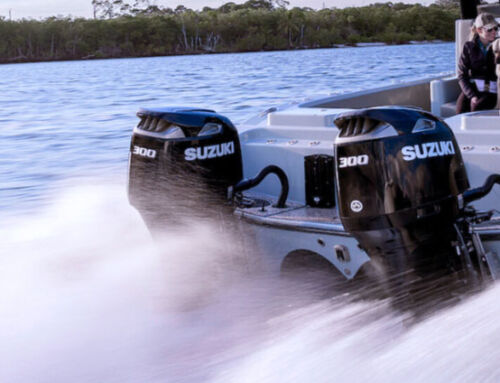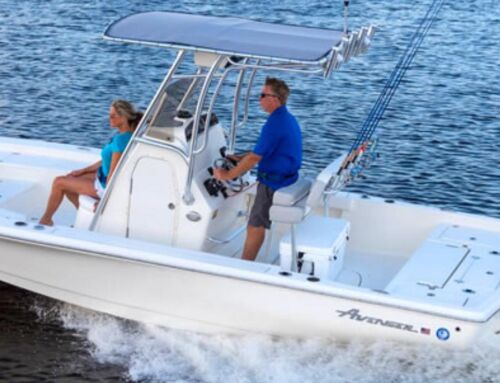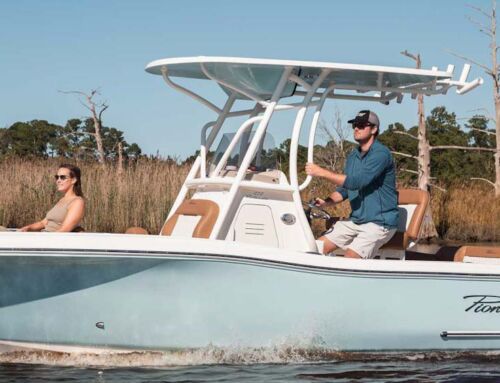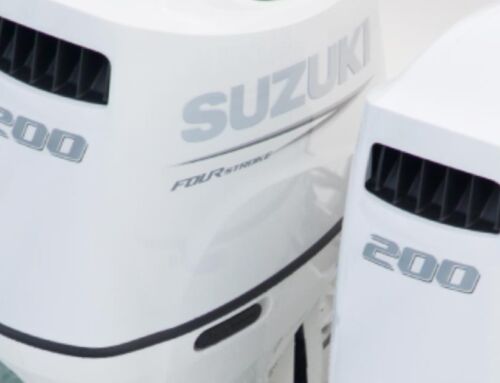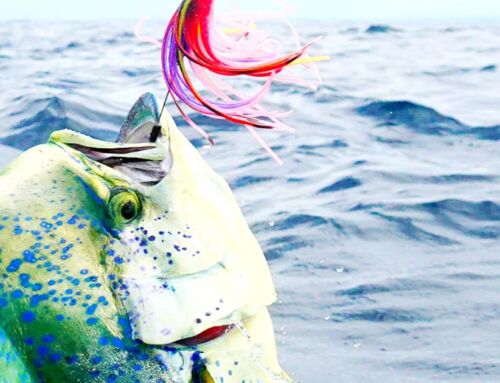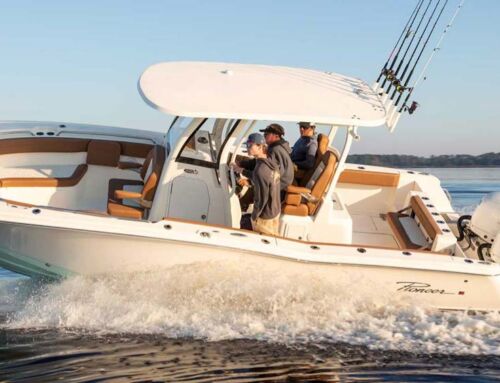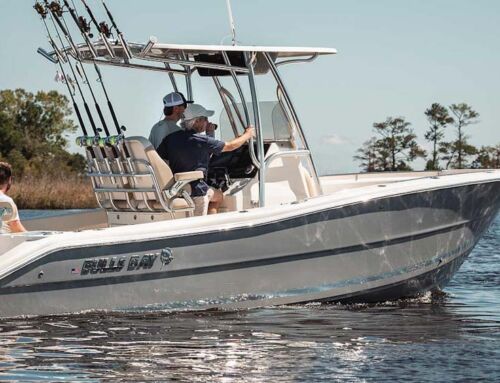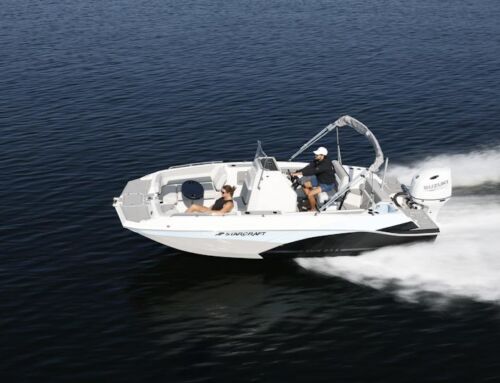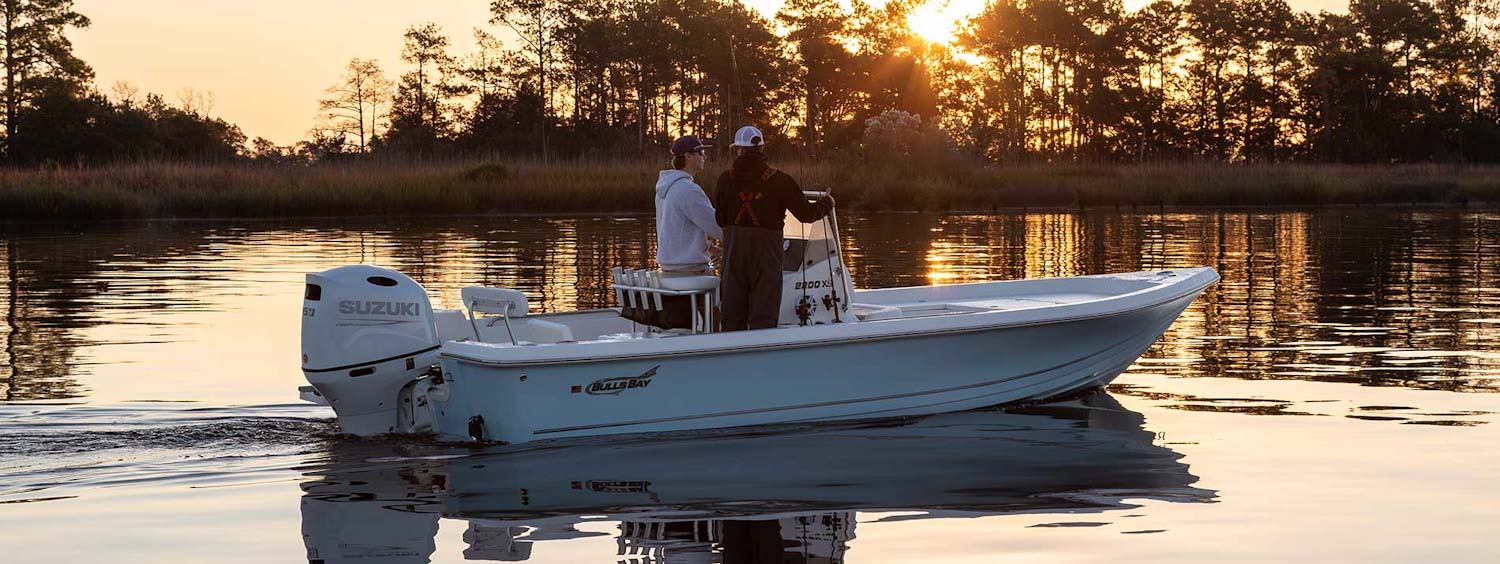
2026 Bulls Bay 2000 vs Bulls Bay 2200
Post Author:
Salty Bob
Last Updated:
December 22, 2025
Share This:

2026 Bulls Bay 2000 vs Bulls Bay 2200
Post Author:
Last Updated:
Salty Bob
December 22, 2025
2026 Bulls Bay 2000 vs. Bulls Bay 2200
When comparing bay boats, the Bulls Bay 2000 and Bulls Bay 2200 show how subtle changes in design and dimensions can affect performance, capacity, and overall usability. From the size of the cockpit to passenger limits, storage space, and engine power, each model is built to handle different boating scenarios. Whether you plan to run with a full crew, carry extra gear, or prefer a more trailer-friendly size, these differences matter. This guide breaks down the specifications, layout, and features of the 2000 and 2200 to give you a clear picture of what each boat offers on the water.
.
Size and Dimensions
While both models share the Bulls Bay design philosophy, the 2200 offers a substantial upgrade in usable space and on-water performance compared to the 2000. The Bulls Bay 2000 measures 19′ 6″ in length with an 8-foot beam, making it a very capable and easily trailerable inshore boat. By contrast, the Bulls Bay 2200 stretches to 21′ 8″ with a beam of 8′ 6″. This additional 2 feet 2 inches in length and 6 inches in width translates directly into crucial functional benefits:
- Enhanced Deck Space: The greater length and beam significantly increase the usable deck area. This means more room to stage tackle, larger casting platforms, and a less cluttered cockpit when accommodating multiple anglers.
- Superior Stability and Comfort: The wider 8′ 6″ beam on the 2200, combined with the extra length, provides improved stability—especially when drifting or fighting a fish on one side—and a drier, more comfortable ride in choppier conditions.
- Increased Capacity: The larger hull size of the 2200 typically allows for more storage capacity (like larger fish boxes and livewells) and a higher maximum horsepower rating, offering more versatility for various waterways and fishing demands. The difference moves the 2200 from a great inshore boat to a boat capable of handling nearshore excursions with greater confidence.
.
.
Weight, Stability, and Capacity: Handling the Load
The most critical separation between these two models comes in their dry weight and total capacity, which directly influences stability and utility. The larger Bulls Bay 2200 weighs in at approximately 2,200 pounds (dry), significantly heavier than the 1,900 pounds (dry) of the 2000. This added structural weight, combined with the wider beam discussed earlier, is immediately apparent on the water, providing a more solid feel and better handling in a chop.
Furthermore, the 2200 boasts a maximum weight capacity of 1,458 pounds and is rated for 8 passengers, giving it a clear advantage over the 2000’s capacity of 1,019 pounds and 7 passengers. This difference is substantial: the 2200 can safely carry an extra passenger and roughly 439 more pounds of combined gear and load. This makes a noticeable and practical difference if you frequently:
- Fish with a larger crew or family.
- Haul heavy gear, like fully loaded offshore coolers and ice.
- Carry a full complement of fuel, tackle, and equipment for long days on the water.
In essence, the increased capacity of the 2200 means less worrying about overloading the boat and more confidence when loading it up for serious fishing trips.
.
.
Power and Performance: Driving Experience and Versatility
Both the Bulls Bay 2000 and 2200 come standard with a 52-gallon fuel tank, providing ample range for a full day of fishing. However, their power ratings fundamentally change the driving experience and on-water capabilities.
The Bulls Bay 2000 is optimized for efficiency and excellent performance with engines up to 150 horsepower. Matched to its lighter hull weight, a 150 HP motor provides a lively hole shot, a solid top end, and impressive fuel economy, making it a highly practical choice for inshore use.
Stepping up to the Bulls Bay 2200 grants access to substantially more muscle, with a maximum rating of 200 horsepower. This difference of up to 50 additional horsepower on the transom translates directly into:
- Stronger Acceleration and Quicker Planing: The extra power effortlessly handles the boat’s greater size and weight, ensuring a swift and decisive hole shot, even when the boat is fully loaded with crew and gear.
- More Confident Open Water Runs: That 200 HP engine allows the 2200 to maintain higher cruising speeds, helping you get out ahead of rough weather and ensuring the boat doesn’t feel strained when powering through a moderate chop.
- Greater Engine Flexibility: While many owners of the 2000 will gravitate toward the maximum 150 HP, the 2200 offers the flexibility to pair it with a 175 HP or 200 HP motor, allowing you to fine-tune the power-to-weight ratio for your specific fishing style.
In short, the 2000 is optimally powered for fuel-sipping efficiency, while the 2200 offers the necessary reserve power to handle its larger footprint, heavier load capacity, and more ambitious trips.
.
.
Layout and Amenities: Prioritizing Comfort and Function
The Bulls Bay DNA ensures that both the 2000 and 2200 come equipped with a stellar suite of fishing amenities: excellent forward and aft casting decks, dual aerated livewells, secure lockable storage, and dedicated rod lockers. With 281 quarts of enclosed storage on both models, neither boat will leave you wanting for gear space.
However, where the Bulls Bay 2200 truly pulls ahead is in the functional application of its greater size. The wider beam and longer deck transform the on-board experience:
- Unobstructed Access: The larger footprint allows the livewells and storage compartments to be integrated without compromising walking space. You can access bait and gear without forcing other anglers to shuffle out of the way.
- Superior Fishability: The expanded cockpit provides more freedom of movement for multiple anglers to cast simultaneously and work a fish around the boat without getting tangled. It eliminates that “cramped” feeling often associated with smaller bays boats.
- Seamless Integration of Upgrades: Both boats share the same optional features—from Clarion stereos and trim tabs to hydraulic steering and various T-top/Bimini options. On the 2200, the larger console and deck space integrate these additions more comfortably, ensuring upgrades like a larger MFD screen or a battery bank for a trolling motor don’t intrude on valuable deck real estate.
Essentially, while the feature list is similar, the 2200 uses its extra size to enhance ergonomics, turning standard amenities into premium fishing experiences.
.
.
The Final Verdict: Choosing Your Ideal Bay Boat
The decision between the Bulls Bay 2000 and 2200 comes down to balancing your fishing ambitions with your storage limitations. Both models share the same core DNA of durable construction, smart fishing layouts, and excellent value.
The Bulls Bay 2000: Nimble and Efficient
The 2000 is the ideal choice for the angler who prioritizes convenience and efficiency. Its lighter weight and manageable dimensions make it a dream to tow, launch, and store in smaller spaces. Perfect for solo trips or a crew of two, the 2000 is a nimble, fuel-sipping platform designed for the inshore specialist who values simplicity and getting on the water fast.
The Bulls Bay 2200: Spacious and Versatile
The 2200 is built for maximum versatility and comfort. The investment in extra length, width, and weight delivers a superior experience when the conditions get rough or the crew gets large. If you frequently fish with family, plan on carrying a full complement of heavy gear, or want the confidence of more stability and up to 200 HP for nearshore runs, the 2200 will consistently reward you with a safer, drier, and more spacious day on the water.
Ultimately, knowing how you plan to use the boat—how many people, how much gear, and what kind of water you’ll run—is the key to making the clear choice between these two exceptional bay boat options.
.
.
FAQ
2026 Bulls Bay 2000 vs. Bulls Bay 2200
When comparing bay boats, the Bulls Bay 2000 and Bulls Bay 2200 show how subtle changes in design and dimensions can affect performance, capacity, and overall usability. From the size of the cockpit to passenger limits, storage space, and engine power, each model is built to handle different boating scenarios. Whether you plan to run with a full crew, carry extra gear, or prefer a more trailer-friendly size, these differences matter. This guide breaks down the specifications, layout, and features of the 2000 and 2200 to give you a clear picture of what each boat offers on the water.
.
Size and Dimensions
While both models share the Bulls Bay design philosophy, the 2200 offers a substantial upgrade in usable space and on-water performance compared to the 2000. The Bulls Bay 2000 measures 19′ 6″ in length with an 8-foot beam, making it a very capable and easily trailerable inshore boat. By contrast, the Bulls Bay 2200 stretches to 21′ 8″ with a beam of 8′ 6″. This additional 2 feet 2 inches in length and 6 inches in width translates directly into crucial functional benefits:
- Enhanced Deck Space: The greater length and beam significantly increase the usable deck area. This means more room to stage tackle, larger casting platforms, and a less cluttered cockpit when accommodating multiple anglers.
- Superior Stability and Comfort: The wider 8′ 6″ beam on the 2200, combined with the extra length, provides improved stability—especially when drifting or fighting a fish on one side—and a drier, more comfortable ride in choppier conditions.
- Increased Capacity: The larger hull size of the 2200 typically allows for more storage capacity (like larger fish boxes and livewells) and a higher maximum horsepower rating, offering more versatility for various waterways and fishing demands. The difference moves the 2200 from a great inshore boat to a boat capable of handling nearshore excursions with greater confidence.
.
.
Weight, Stability, and Capacity: Handling the Load
The most critical separation between these two models comes in their dry weight and total capacity, which directly influences stability and utility. The larger Bulls Bay 2200 weighs in at approximately 2,200 pounds (dry), significantly heavier than the 1,900 pounds (dry) of the 2000. This added structural weight, combined with the wider beam discussed earlier, is immediately apparent on the water, providing a more solid feel and better handling in a chop.
Furthermore, the 2200 boasts a maximum weight capacity of 1,458 pounds and is rated for 8 passengers, giving it a clear advantage over the 2000’s capacity of 1,019 pounds and 7 passengers. This difference is substantial: the 2200 can safely carry an extra passenger and roughly 439 more pounds of combined gear and load. This makes a noticeable and practical difference if you frequently:
- Fish with a larger crew or family.
- Haul heavy gear, like fully loaded offshore coolers and ice.
- Carry a full complement of fuel, tackle, and equipment for long days on the water.
In essence, the increased capacity of the 2200 means less worrying about overloading the boat and more confidence when loading it up for serious fishing trips.
.
.
Power and Performance: Driving Experience and Versatility
Both the Bulls Bay 2000 and 2200 come standard with a 52-gallon fuel tank, providing ample range for a full day of fishing. However, their power ratings fundamentally change the driving experience and on-water capabilities.
The Bulls Bay 2000 is optimized for efficiency and excellent performance with engines up to 150 horsepower. Matched to its lighter hull weight, a 150 HP motor provides a lively hole shot, a solid top end, and impressive fuel economy, making it a highly practical choice for inshore use.
Stepping up to the Bulls Bay 2200 grants access to substantially more muscle, with a maximum rating of 200 horsepower. This difference of up to 50 additional horsepower on the transom translates directly into:
- Stronger Acceleration and Quicker Planing: The extra power effortlessly handles the boat’s greater size and weight, ensuring a swift and decisive hole shot, even when the boat is fully loaded with crew and gear.
- More Confident Open Water Runs: That 200 HP engine allows the 2200 to maintain higher cruising speeds, helping you get out ahead of rough weather and ensuring the boat doesn’t feel strained when powering through a moderate chop.
- Greater Engine Flexibility: While many owners of the 2000 will gravitate toward the maximum 150 HP, the 2200 offers the flexibility to pair it with a 175 HP or 200 HP motor, allowing you to fine-tune the power-to-weight ratio for your specific fishing style.
In short, the 2000 is optimally powered for fuel-sipping efficiency, while the 2200 offers the necessary reserve power to handle its larger footprint, heavier load capacity, and more ambitious trips.
.
.
Layout and Amenities: Prioritizing Comfort and Function
The Bulls Bay DNA ensures that both the 2000 and 2200 come equipped with a stellar suite of fishing amenities: excellent forward and aft casting decks, dual aerated livewells, secure lockable storage, and dedicated rod lockers. With 281 quarts of enclosed storage on both models, neither boat will leave you wanting for gear space.
However, where the Bulls Bay 2200 truly pulls ahead is in the functional application of its greater size. The wider beam and longer deck transform the on-board experience:
- Unobstructed Access: The larger footprint allows the livewells and storage compartments to be integrated without compromising walking space. You can access bait and gear without forcing other anglers to shuffle out of the way.
- Superior Fishability: The expanded cockpit provides more freedom of movement for multiple anglers to cast simultaneously and work a fish around the boat without getting tangled. It eliminates that “cramped” feeling often associated with smaller bays boats.
- Seamless Integration of Upgrades: Both boats share the same optional features—from Clarion stereos and trim tabs to hydraulic steering and various T-top/Bimini options. On the 2200, the larger console and deck space integrate these additions more comfortably, ensuring upgrades like a larger MFD screen or a battery bank for a trolling motor don’t intrude on valuable deck real estate.
Essentially, while the feature list is similar, the 2200 uses its extra size to enhance ergonomics, turning standard amenities into premium fishing experiences.
.
.
The Final Verdict: Choosing Your Ideal Bay Boat
The decision between the Bulls Bay 2000 and 2200 comes down to balancing your fishing ambitions with your storage limitations. Both models share the same core DNA of durable construction, smart fishing layouts, and excellent value.
The Bulls Bay 2000: Nimble and Efficient
The 2000 is the ideal choice for the angler who prioritizes convenience and efficiency. Its lighter weight and manageable dimensions make it a dream to tow, launch, and store in smaller spaces. Perfect for solo trips or a crew of two, the 2000 is a nimble, fuel-sipping platform designed for the inshore specialist who values simplicity and getting on the water fast.
The Bulls Bay 2200: Spacious and Versatile
The 2200 is built for maximum versatility and comfort. The investment in extra length, width, and weight delivers a superior experience when the conditions get rough or the crew gets large. If you frequently fish with family, plan on carrying a full complement of heavy gear, or want the confidence of more stability and up to 200 HP for nearshore runs, the 2200 will consistently reward you with a safer, drier, and more spacious day on the water.
Ultimately, knowing how you plan to use the boat—how many people, how much gear, and what kind of water you’ll run—is the key to making the clear choice between these two exceptional bay boat options.
.
.




